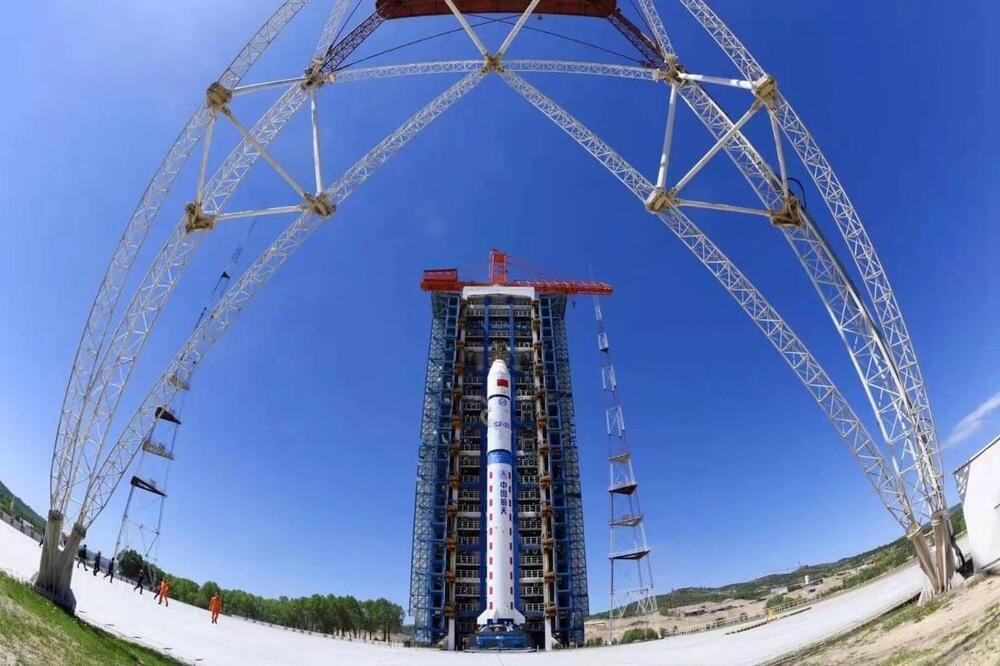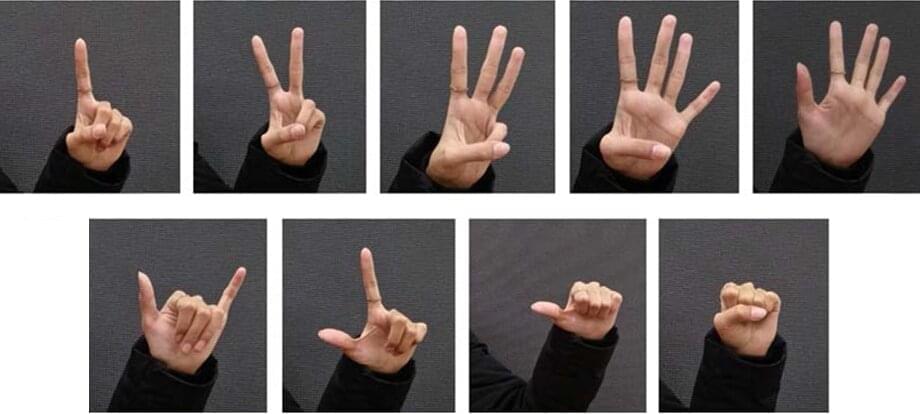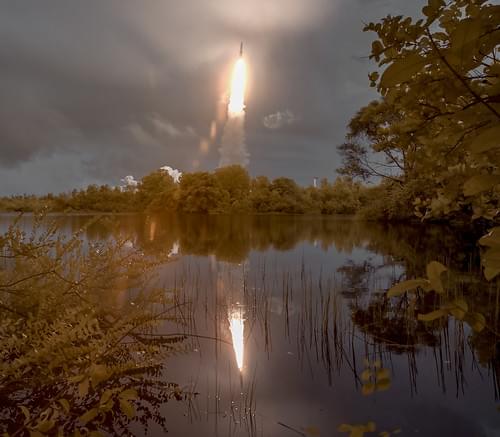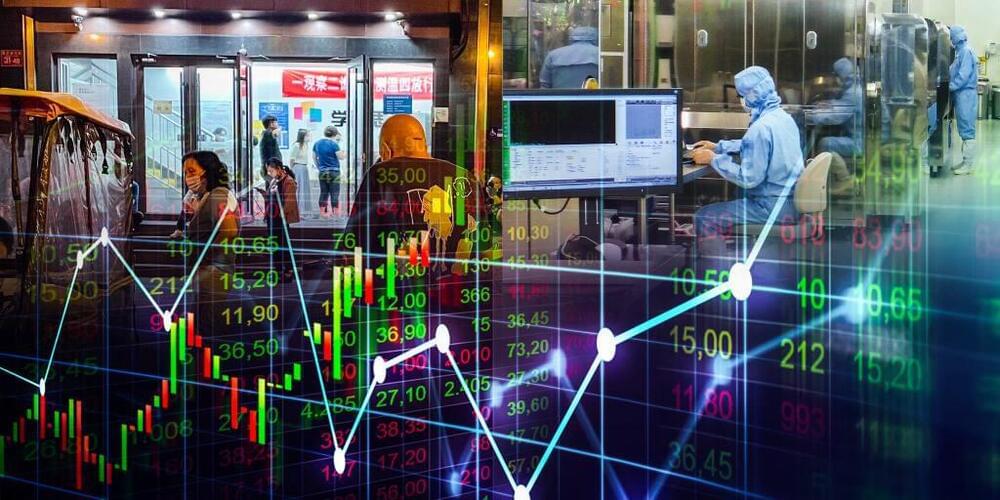Why space tourism is not just fun for rich people.
Mon, Jan 3, 2022 at 12 PM PST.
Interested.


The Chinese inroads into space have got strategic circles abuzz with discussions about a possible revival of a Cold War-type competition between the US and the erstwhile Soviet Union.
China has yet again made headlines with a move that goes beyond just sending missions to the Moon or Mars. It has claimed to have launched a satellite that could take high-resolution photos of American cities from space, which can capture even details of a vehicle’s number plate.
According to experts, a Chinese satellite captured photographs of a vast region around a US city in just 42 seconds, crisp enough to recognize a military vehicle on the street and tell what type of weapon it might be carrying.
With an efficiency of 20.9%, the tested cell does not yet fully exploit the potential.

In the 2002 science fiction blockbuster film “Minority Report,” Tom Cruise’s character John Anderton uses his hands, sheathed in special gloves, to interface with his wall-sized transparent computer screen. The computer recognizes his gestures to enlarge, zoom in, and swipe away. Although this futuristic vision for computer-human interaction is now 20 years old, today’s humans still interface with computers by using a mouse, keyboard, remote control, or small touch screen. However, much effort has been devoted by researchers to unlock more natural forms of communication without requiring contact between the user and the device. Voice commands are a prominent example that have found their way into modern smartphones and virtual assistants, letting us interact and control devices through speech.
Hand gestures constitute another important mode of human communication that could be adopted for human-computer interactions. Recent progress in camera systems, image analysis and machine learning have made optical-based gesture recognition a more attractive option in most contexts than approaches relying on wearable sensors or data gloves, as used by Anderton in “Minority Report.” However, current methods are hindered by a variety of limitations, including high computational complexity, low speed, poor accuracy, or a low number of recognizable gestures. To tackle these issues, a team led by Zhiyi Yu of Sun Yat-sen University, China, recently developed a new hand gesture recognition algorithm that strikes a good balance between complexity, accuracy, and applicability.



Semiconductor equipment makers from Japan and China were among the biggest winners of Asia’s stock market in 2021.
Take a look at the full story here: https://s.nikkei.com/3pxHamN
SINGAPORE — Semiconductor equipment makers from Japan and China were among the biggest winners of Asia’s stock market in 2021, doubling their valuation from the end of last year amid robust demand for high-tech manufacturing.

The Egyptian Space Agency (EgSA) has signed a Memorandum of Understanding with the Ukrainian Space Agency. The parties signed the MoU for cooperation in space and the peaceful use of outer space for various purposes. The primary goal is to activate mechanisms for cooperation in space activities, research and exploration for peaceful purposes. The MoU also encourages exchanging knowledge and experience between the two countries and leveraging available human resources and techniques.
The Egyptian Space Agency and the Ukrainian Space Agency signed the MoU through Dr Mohammed Al-Qussi, the Egyptian Space Agency CEO and Mr Volodymyr Tavatai, Head of the Ukrainian State Space Agency. Furthermore, the signature was in the presence of Dr Rania Al-Mashat, Minister of International Cooperation, and His Excellency Yulia Sveredenko, First Deputy Prime Minister of Ukraine and Minister of Economic Development and Trade of Ukraine. The signature also came during the eighth session of the Egyptian-Ukrainian Government Committee.
Another aim the MoU intends to realise is enhancing and facilitating the exchange of visits and bilateral meetings and workshops in various research activities. It also seeks to promote the provision of training and raise the efficiency of Egyptian specialists. The MoU will also help EgSA build capacity in space project management, develop advanced manufacturing techniques for space applications, and other priority hubs for both sides.

